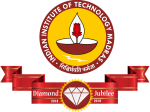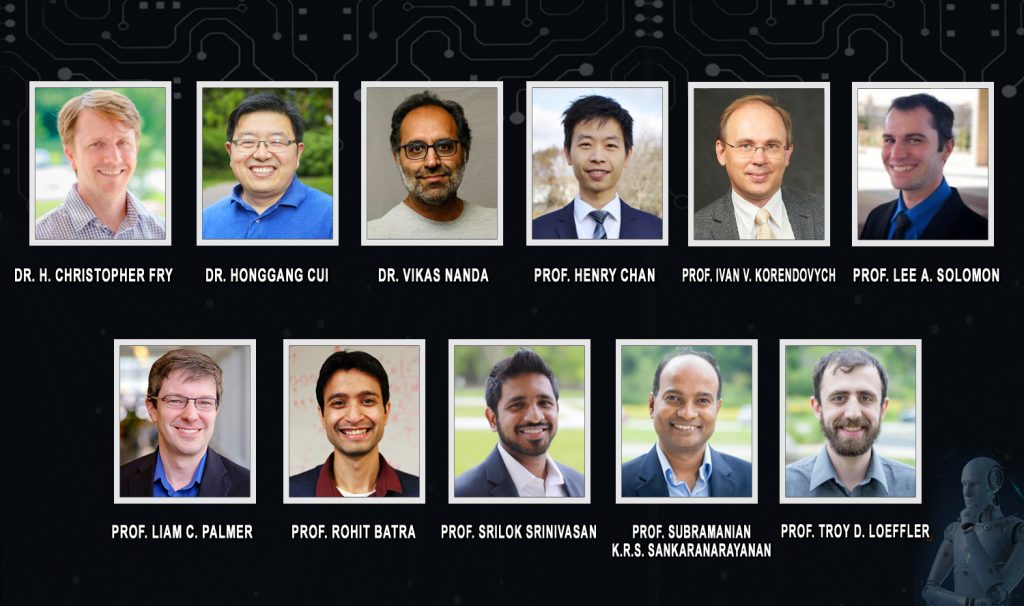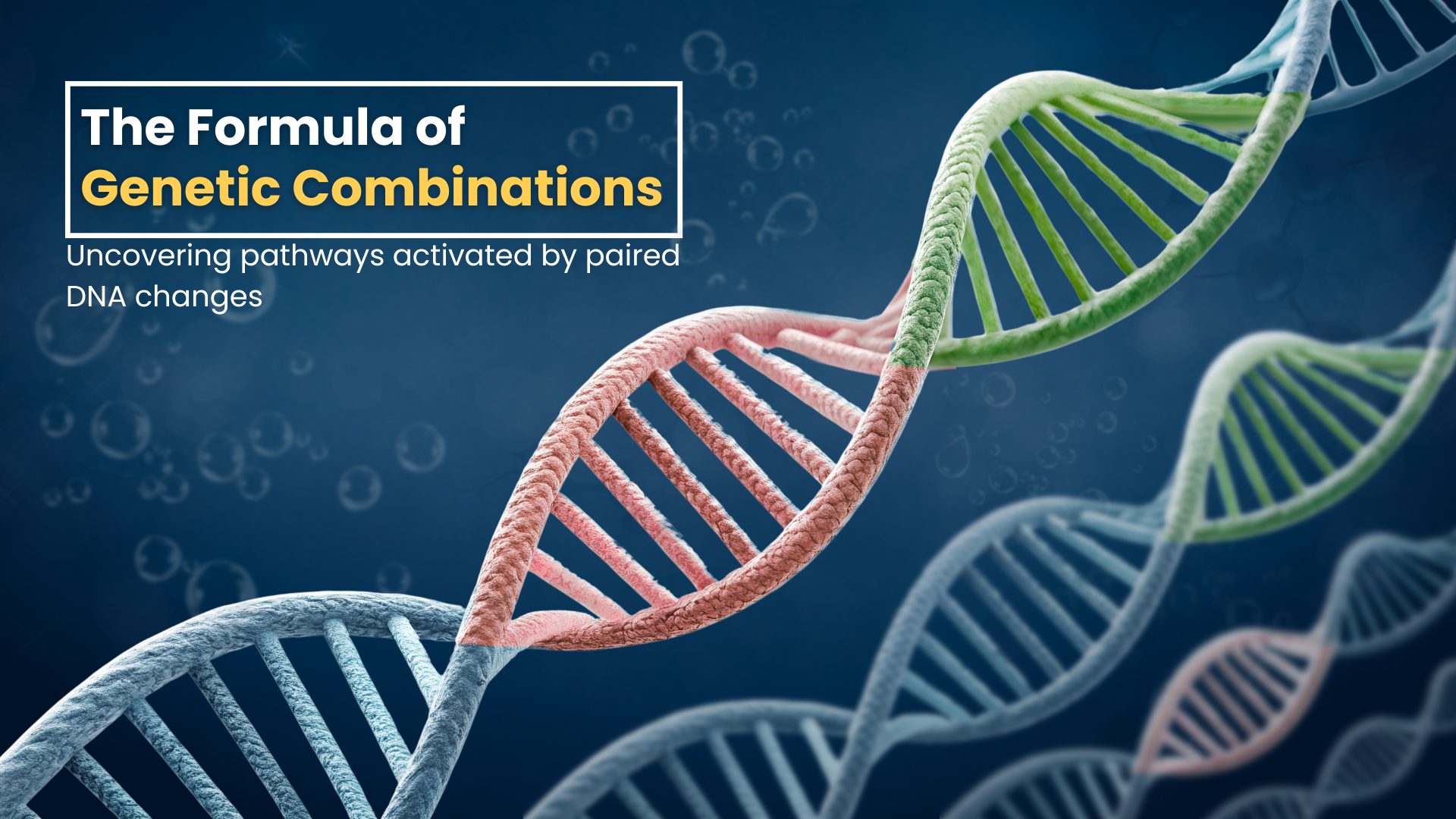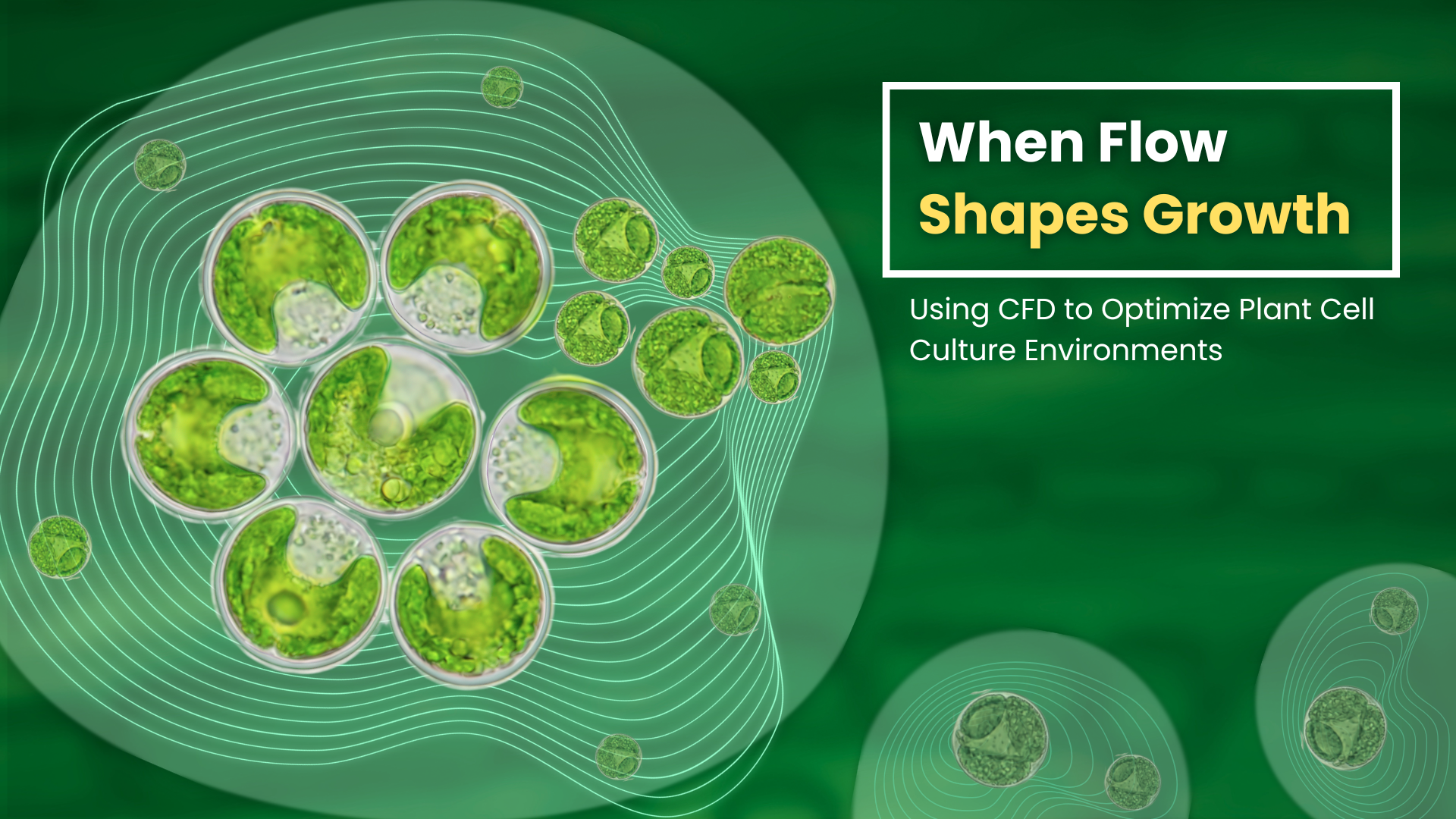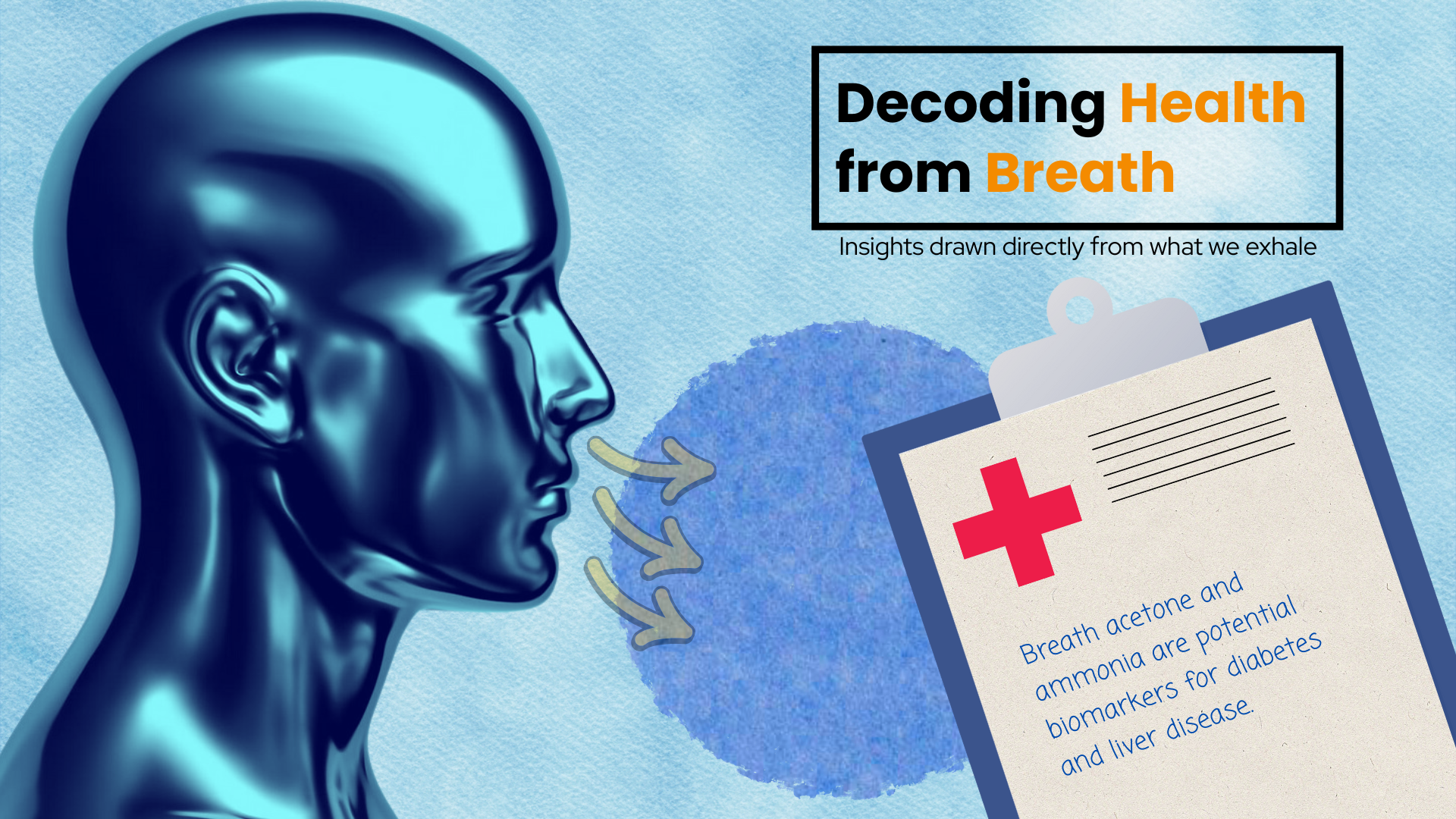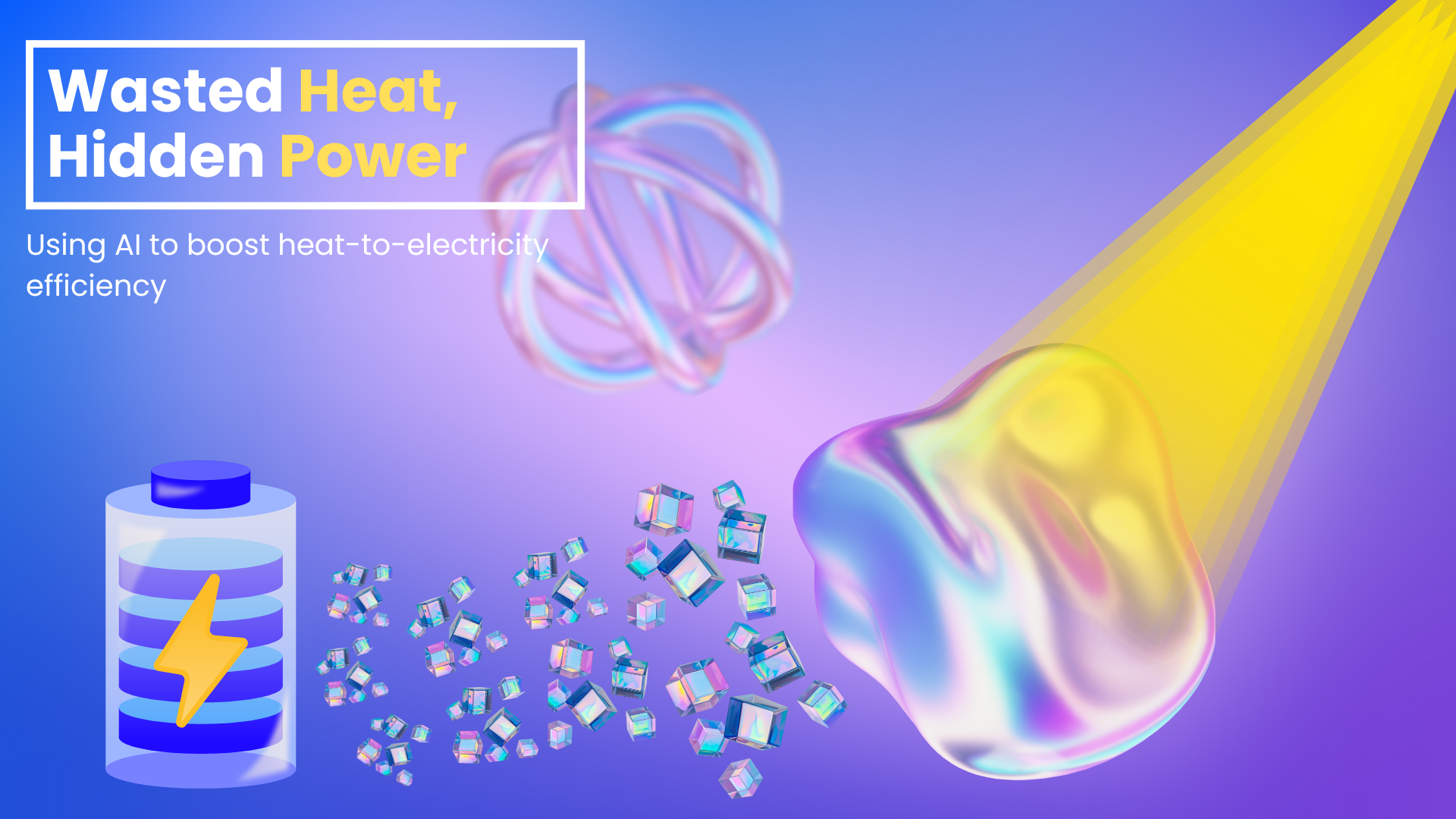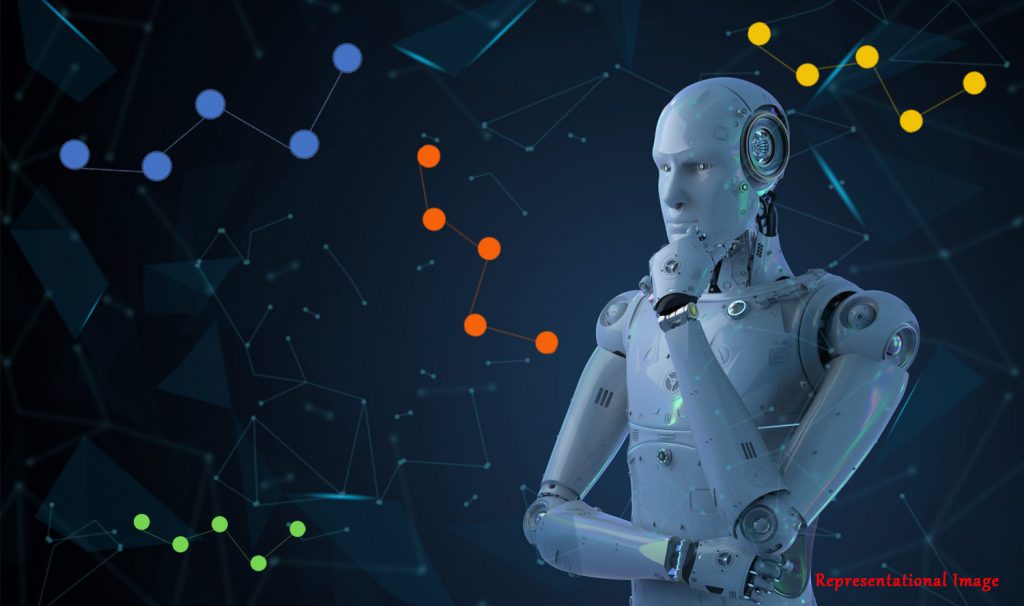
Proteins are rightly called the building blocks of life, with functions varying from catalysis, signalling, providing structure to cells, and DNA replication.
Proteins are made up of amino acids. Amino acids combine together to form peptides, and a large number of peptides give rise to the proteins.
Engineering of peptides, so that they can self-assemble has attracted a lot of attention as these can be used for tissue engineering, surface coatings, catalysis, and sensing.
The number of possible combination of peptides is 20n, where n is the number of amino acids in the peptide chain and 20 is the number of commonly available amino acids.
For tripeptides (where n=3), 8,000 combinations of peptides are tractable. But for pentapeptides (where n=5), 3.2 million combinations are possible. It is humanly impossible to go through so many combinations of peptides. A large fraction of the possible peptide combinations will also go unexplored.
Computational methods such as coarse-grained (CG) molecular dynamics (MD) simulations have been used. But for such a large number of possibilities of peptide combinations, the computational costs are very high.
In this study, the self-assembly of peptides was done using an AI-expert. The authors of this paper include:
1. Prof. Rohit Batra from the Department of Metallurgical and Materials Engineering, Indian Institute of Technology (IIT) Madras, Chennai, India.
2. Prof. Troy D. Loeffler from the Department of Mechanical and Industrial Engineering, University of Illinois, Chicago, USA.
3. Prof. Henry Chan from the Department of Mechanical and Industrial Engineering, University of Illinois, Chicago, USA.
4. Prof. Srilok Srinivasan from the Center for Nanoscale Materials, Argonne National Laboratory, Lemont, USA.
5. Dr. Honggang Cui from the Department of Chemical and Biomolecular Engineering, Johns Hopkins University, Baltimore, USA.
6. Prof. Ivan V. Korendovych from the Department of Chemistry, Syracuse University, Syracuse, USA.
7. Dr. Vikas Nanda from the Center for Advanced Biotechnology and Medicine, Rutgers University, Piscataway, USA.
8. Prof. Liam C. Palmer from the Department of Chemistry, Northwestern University, Evanston, USA.
9. Prof. Lee A. Solomon from the Department of Chemistry and Biochemistry, George Mason University, Manassas, USA.
10. Dr. H. Christopher Fry from the Center for Nanoscale Materials, Argonne National Laboratory, Lemont, USA.
11. Prof. Subramanian K. R. S. Sankaranarayanan from the Department of Mechanical and Industrial Engineering, University of Illinois, Chicago, USA.
*Prof. Rohit Batra, Prof. Troy D. Loeffler, Prof. Henry Chan, and Prof. Subramanian K. R. S. Sankaranarayanan were all affiliated with the Center for Nanoscale Materials, Argonne National Laboratory, Lemont, USA.
Usually engineering peptides to self-assemble requires human effort. However, human effort is usually biased in choosing amino acids for self-assembling peptides. For example, amino acids that are known to promote formation of beta-sheets secondary structures in peptides are usually preferred.
The AI-expert uses an algorithm known as the Monte Carlo tree search (MCTS) algorithm with coarse-grained (CG) molecular dynamics (MD) simulations to identify pentapeptides with high aggregation propensities (AP) in water.
The AI-expert operates without bias and utilizes the Monte Carlo tree search (MCTS) algorithm to make an informed decision on which peptide sequences to evaluate next using the molecular dynamics (MD) simulations, with the score of the modelled peptides provided as feedback to guide further research.
Of the 3.2 million possible penta-peptides, 6,600 cases were evaluated by the AI-expert. This was compared with the results given by a group of expert peptide designers.
The AI-expert had a success rate of 66.7 percent of success as compared to the human experts’ analysis which had a success rate of 54.5 percent.
Not only were known design strategies discovered by the AI-expert, but new sequences were also discovered that deviated from the traditional approach.
The efforts of this study using an AI-expert can be extended to screen small libraries of peptides for more specific applications.
AI-expert was found to be successful in discovering self-assembling peptides. It can also be used for discovering functional peptide assemblies for applications involving light-harvesting, catalysis, mechanical stability, and conductivity.
Prof. Rampi Ramprasad, a Georgia Research Alliance Eminent Scholar in Energy Sustainability, from the School of Materials Science and Engineering, Georgia Institute of Technology, Atlanta, Georgia, impresses upon the importance of the work done by the team by giving the following comments: “Prof. Batra and colleagues have brought together a variety of AI-inspired algorithmic innovations and physics-driven computations to identify self-assembling peptides (from a staggeringly large search space) that matches and beats human imagination. While discovering such peptides with special properties is, in and of itself, a powerful and impactful contribution, this work goes far beyond that particular discovery target. It provides a blueprint for search strategies that could be adopted in many materials and chemistry application domains, so long as the search problem can be formulated in a suitable manner.”
The importance of this work was further validated by Dr. Lihua Chen, senior scientist of the MS Software Department, Materials Science Discovery Team, at Schrodinger Inc. with the following comments: “Traditional human expertise and intuition have played critical roles to design novel peptides for a wide range of applications. Given the vast number of peptide sequences, Dr. Rohit Batra et al. developed a novel machine learning pipeline (AI-expert) to facilitate the peptides discovery for self-assembly. The developed AI-expert can automatically and progressively select top-performing candidates by combining Monte Carlo tree search and random forest, with molecular dynamics simulations. It also eliminates the impact of human bias on peptide design. The high efficiency of the AI-expert has been successfully demonstrated by subsequent experiments. I believe this work is at the forefront of applying AI to drive and power biomaterials and materials discovery. Furthermore, the developed paradigm is applicable to other material classes and applications, making significant contributions to the scientific community.”
Article by Akshay Anantharaman
Here is the original link to the paper:
https://www.nature.com/articles/s41557-022-01055-3
